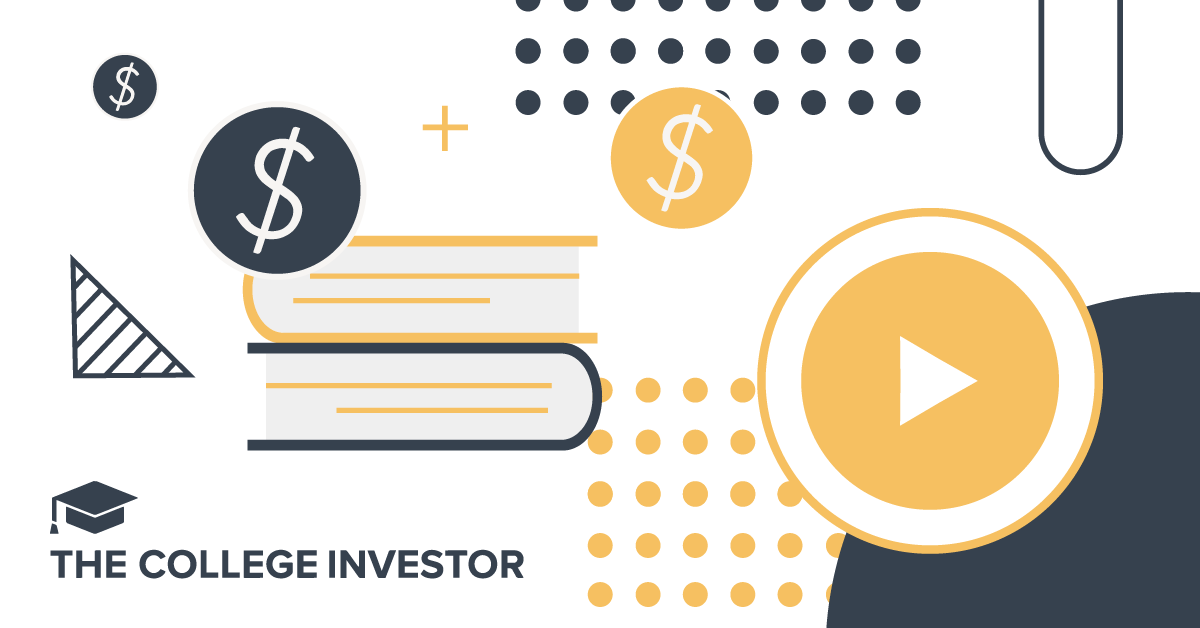Principal
Definition
Principal refers to the original amount of money borrowed before any interest or fees are added.
Detailed Explanation
The principal on a student loan is the core amount the borrower agrees to repay, excluding any interest, fees, or additional charges that may accrue over the life of the loan. It represents the actual debt incurred from borrowing to fund education.
As payments are made on the loan, a portion typically goes towards paying down the interest that has accrued, with the remainder applied to the principal balance. Reducing the principal balance is crucial for paying off the loan, as interest is calculated based on this remaining amount. Making payments that exceed the minimum required can decrease the principal faster, leading to reduced interest costs and potentially shortening the loan term.
It's important for borrowers to understand how their payments are allocated between principal and interest, as this can significantly impact the total cost of the loan and the repayment timeline.
Example
If a student borrows $20,000 to pay for college, this amount is considered the principal of the loan. Over time, as the student makes payments, the portion that goes towards reducing the $20,000 directly decreases the principal balance, gradually reducing the debt owed.
A $20,000 loan with a 6% APR and a 10 year term would have a payment of $222.04. The first month the loan would accrue $100 in interest. The $222.04 would pay the interest and then $122.04 would pay down the principal, leaving the new balance at $19,877.96.
The next month, the principal would accrue $99.39, since the balance is a bit lower. The payment would reduce the balance by $122.65, bringing the principal to $19,755.31. And so on, until the loan is paid off.
Key Articles Related To Principal
Related Terms
Interest Rate: The percentage of the loan amount that lenders charge as a cost for borrowing.
Amortization: The process of spreading out loan payments over time, which includes both interest and principal reductions.
Capitalization: The addition of unpaid interest to the principal balance of a loan, increasing the total amount to be repaid.
Refinancing: Obtaining a new loan to pay off existing debts, potentially with a lower interest rate or different terms, affecting the principal repayment.
Frequently Asked Questions
Does the principal change over time?
Yes, the principal decreases as payments are made as long as the payment is more than the accrued interest for that month. If the interest is capitalized the remaining unpaid interest adds to the principal.
Can I make payments directly towards the principal?
Yes, making extra payments beyond the minimum can be applied to the principal, reducing it faster.
What happens to the principal if I defer my student loan payments?
During deferment, the principal remains the same, but interest may still accrue, depending on the loan type.
Is it better to pay off the principal or interest first?
Payments are typically applied to interest first, then the principal; however, paying extra towards the principal can reduce the overall interest paid over time.
Editor: Ashley Barnett
